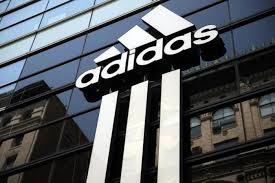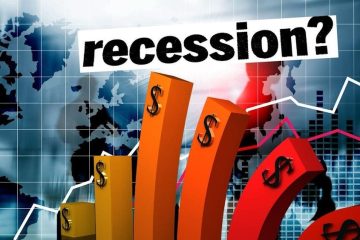Adidas exploring strategic options, including sale, for Reebok

German sportswear maker Adidas AG said on Monday it is considering strategic options, including a potential sale, for Reebok, 15 years after it bought the U.S.-focused brand to take on archrival Nike Inc on its home turf.
The decision will be announced on March 10, when the company officially presents its new strategy, Adidas said.
The company bought Boston-based Reebok for $3.8 billion in 2005, but a lack of progress in turning it around led to repeated calls from investors to dispose of the brand.
It might be an attractive target for a private equity firm or another smaller sports retailer that will use it, like Adidas did, to break into the U.S. marketplace, said Michael Faherty, a portfolio manager at Adidas and Nike investor Seilern Investment Management.
Adidas said the strategic alternatives it is considering include both a potential sale of Reebok as well as the brand remaining a part of the company.
“There is still a material chance that nothing will come out of it,” Colin Wong, a portfolio manager at Nike shareholder Mawer Investment Management, said.
Wong said some potential options for Adidas include spinning Reebok off as a stand-alone public company, or selling the brand to private equity, another major sports retailer or a multibrand player like VF Corp .
Reebok’s net sales fell 7% in the third quarter of 2020 to 403 million euros ($489.40 million), after falling as much as 44% in the preceding quarter. In 2019, Adidas wrote down Reebok’s book value by nearly half, compared with 2018, to 842 million euros.
Recent collaborations with celebrities like Cardi B and a refreshed focus on women’s apparel have put the brand in a better place, said Jessica Ramirez, retail analyst at Jane Hali & Associates.
“Reebok won’t be much of a burden for whoever takes it on if there is a sale,” Ramirez added.
Adidas said earlier in November that it was expecting a drop in overall sales for the last three months of the year as the reimposition of lockdowns in Europe would likely offset a return to growth in China and strong demand for running gear and products designed by singer Beyonce.






